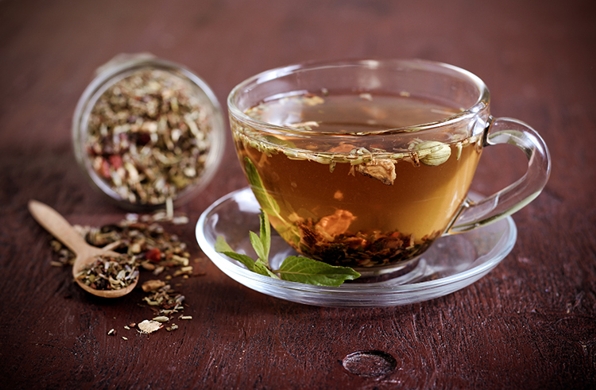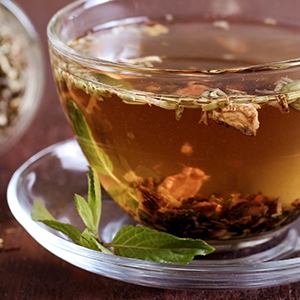Licorice root has been used for thousands of years in medicines and teas to soothe and cure a wide variety of conditions. It’s also a popular flavouring for candies and some cough syrups and lozenges. Now, a growing number of women are using it to ease the aggravations of menopause…
 Licorice is becoming a popular organic treatment for menopausal hot flashes.
Licorice is becoming a popular organic treatment for menopausal hot flashes.
But it can cause problems if you are taking other medications…
Licorice has been touted recently as a natural, effective and harmless treatment for one of menopause’s greatest aggravations: hot flashes. And a lot of women are using it and finding relief. But doctors warn that too much licorice may be harmful and that even a little may interfere with the absorption and action of certain drugs.
A team of researchers presented their findings earlier this week at the 254th National Meeting & Exposition of the American Chemical Society (ACS).
“Concerns about the risk of stroke and breast cancer associated with conventional hormone therapy are prompting women to seek alternatives,” Dr. Richard B. van Breemen of the University of Illinois at Chicago said.
“Consuming too much Licorice can be harmful but, in our lab, we wondered whether the small amounts in dietary supplements might also cause problems by interfering with drug metabolism or transportation. The liver has enzymes that process medications, and if these enzymes are induced or inhibited, the drugs will either be processed too quickly or too slowly, respectively.”
Dr. van Breeman adds that even small amounts of Licorice can affect the levels of the enzymes and could pose a significant safety risk to those who take a daily Licorice dietary supplement along with other medication.
Not only that, but…
The U.S. Food and Drug Administration recommends that licorice not be eaten in large amounts during one sitting, and warns that excessive consumption can lead to irregular heart rhythm and muscle fatigue. And that has nothing to do with liver metabolism. It’s just the way some folks’ systems react to the substance.
Anyway…
Doctors and the FDA are calling for further studies on Licorice, concentrating on different varieties which they hope will show less toxicity and lower levels of interference with liver metabolism. If they can find a ‘safe’ species of Licorice and a safe formulation that still combats menopausal symptoms, that will be a real breakthrough!
~ Maggie J.

